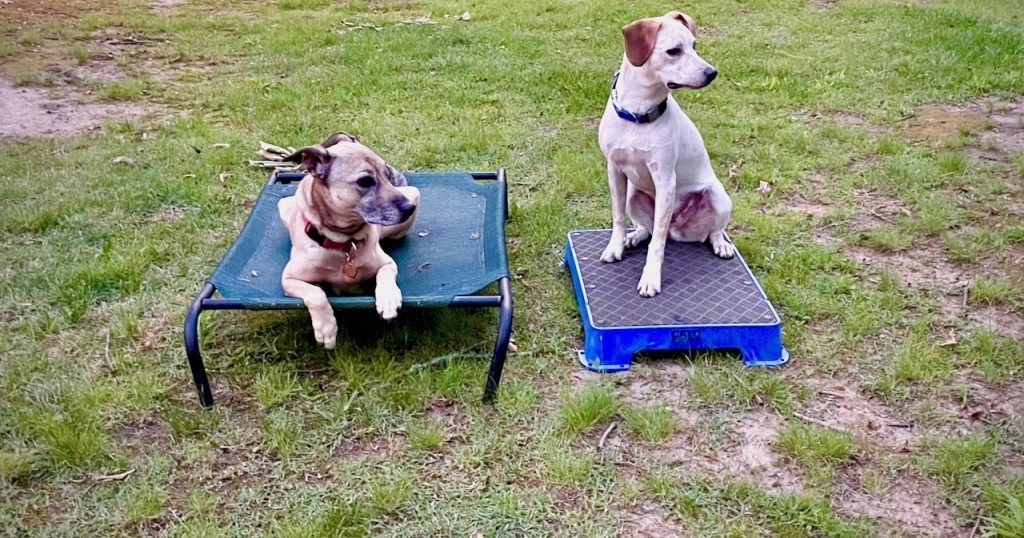Training your dog is a pivotal aspect of pet ownership that goes beyond simply teaching commands; it serves as a foundation for strengthening the bond between you and your furry companion. The process of training, when approached with fun and positivity, creates an environment where trust and communication can flourish. Dogs are inherently social animals that thrive on interaction, and incorporating enjoyable elements into training not only makes learning more effective but also enhances your relationship. First and foremost, it is crucial to establish a positive learning environment. This begins with understanding your dog’s personality, energy levels, and preferences. Different breeds and individual dogs have unique temperaments; some may respond better to high-energy training sessions filled with enthusiasm, while others might thrive in a calm, gentle approach. Knowing your dog allows you to tailor your training style, ensuring that your dog is engaged and motivated.

For instance, if you have a high-energy breed, consider incorporating agility exercises that can stimulate both their mind and body, making training an adventure. Likewise, for a more laid-back breed, slow-paced training sessions that involve gentle encouragement and treats may yield better results. The use of positive reinforcement is another vital component in fun dog training. Reward-based methods, such as treats, praise, or playtime, create a strong incentive for your dog to learn. When your dog performs a command correctly, promptly reward them with something they love. This not only reinforces good behavior but also associates training with positive experiences. Over time, your dog will begin to look forward to training sessions, viewing them as opportunities for fun rather than chores. A critical aspect of positive reinforcement is timing; rewards should be given immediately after the desired behavior to help your dog make the connection between the action and the reward.
Incorporating games into training can also serve as an effective and enjoyable way to teach discipline. Games like fetch, hide and seek, or even puzzle toys can be integrated into training routines, making it less of a formal process and more of a playful interaction. For example, teaching your dog to come can be turned into a game by hiding in different rooms and calling them to find you. Not only does this build recall skills, but it also fosters a sense of adventure and excitement for your dog. Additionally, animal training center in Syracuse can incorporate group play sessions with other dogs, allowing your pet to learn social skills while reinforcing commands in a fun, distracting environment. Socialization is another crucial element of dog training that can be both fun and beneficial. Exposing your dog to different environments, sounds, and experiences is essential in helping them develop confidence and good behavior in various situations.